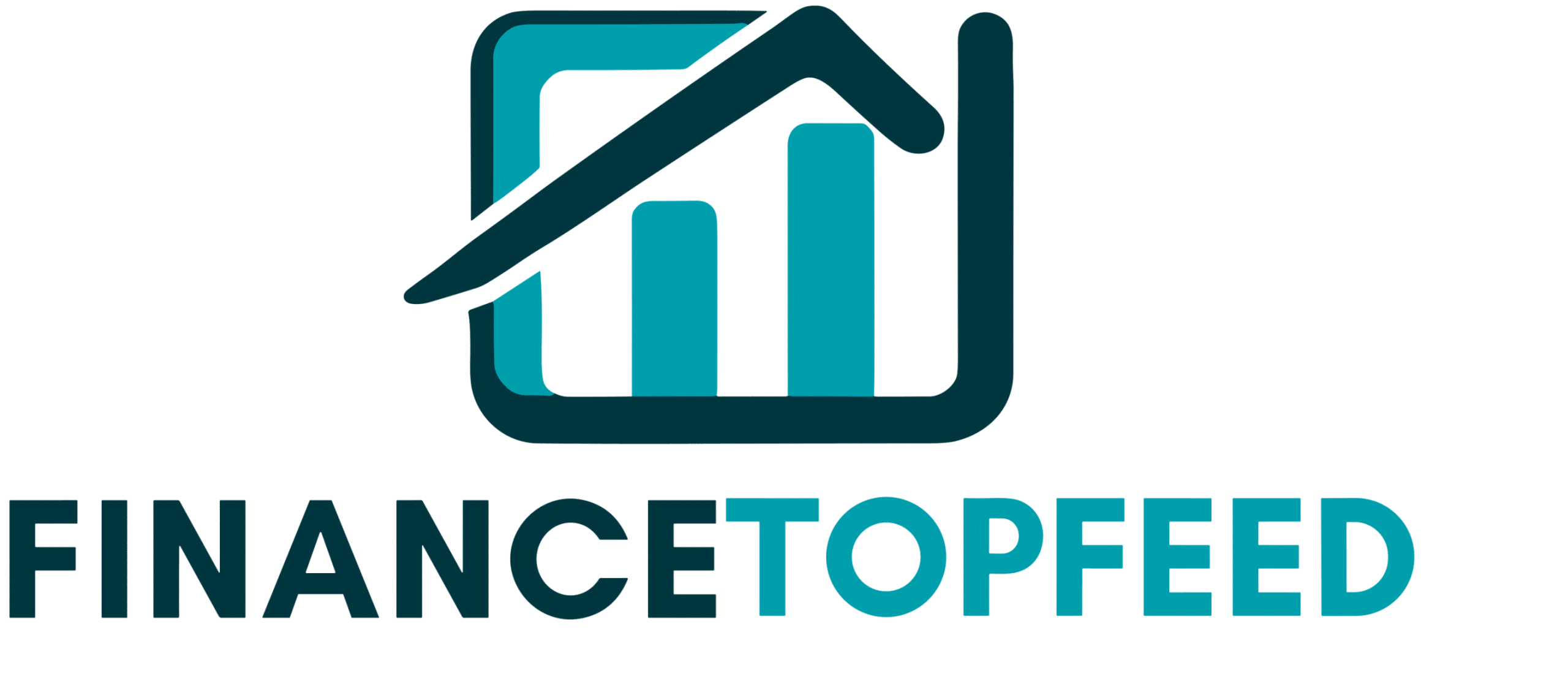Advertising
Buying a car in the United States can feel overwhelming, but understanding your auto financing options helps you make smarter and more confident decisions.
From banks and credit unions to online lenders and manufacturer-backed financing, every option comes with unique benefits and trade-offs.
This guide is designed to help you navigate the world of car loans and leasing in the U.S., giving you practical knowledge to secure financing that truly fits your needs and budget.
-
+ Prequalify Without Pressure+
Shop for rates and terms without lowering your credit score.
-
+ Explore Multiple Loan Types+
Choose between new, used, or refinancing options depending on your situation.
-
+ Compare and Save+
Look at several lenders before committing to maximize savings.
-
+ Build Financial Confidence+
Use calculators and preapproval tools to understand your budget.
Top Auto Loan Options in the U.S.
Bank of America Auto Loans: Known for competitive APRs and preapproval features.
Chase Auto Loans: Integrated dealer financing with existing customer perks.
Capital One Auto Loans: Prequalification with the Auto Navigator tool.
Credit Union Loans: Often lower rates, but membership restrictions may apply.
Online Lending Platforms: Quick approvals and flexible terms, ideal for digital-first borrowers.
Traditional Bank Loans
Offer security and stability, though rates can vary.
Credit Unions
Community-based, often providing strong rates and personalized service.
Manufacturer Financing
Programs like Toyota Financial Services or Ford Credit offer brand-specific promotions.
Online Lenders
Fast and convenient, but require careful comparison to avoid higher fees.
Buy Here Pay Here
Easiest approvals but the highest costs, generally a last-resort option.
How Auto Loans Affect Credit & Finances
Auto financing can play a significant role in shaping your financial health. On the positive side, making on-time payments builds credit by strengthening your history and improving your credit score over time.
A higher score can lead to better financial opportunities, such as mortgages or lower-interest loans in the future.
On the other hand, missed or late payments can hurt your credit score and increase your debt-to-income ratio, which may limit your borrowing power.
This is why choosing a loan that truly fits your budget is crucial—not just the monthly payment, but also the total cost of ownership, including insurance and maintenance.
Another important point is that loan shopping doesn’t have to damage your credit. When you apply for prequalification through multiple lenders within a short period, most credit scoring models count those inquiries as a single event. This protects your score while you compare offers.
You will stay on our website.










